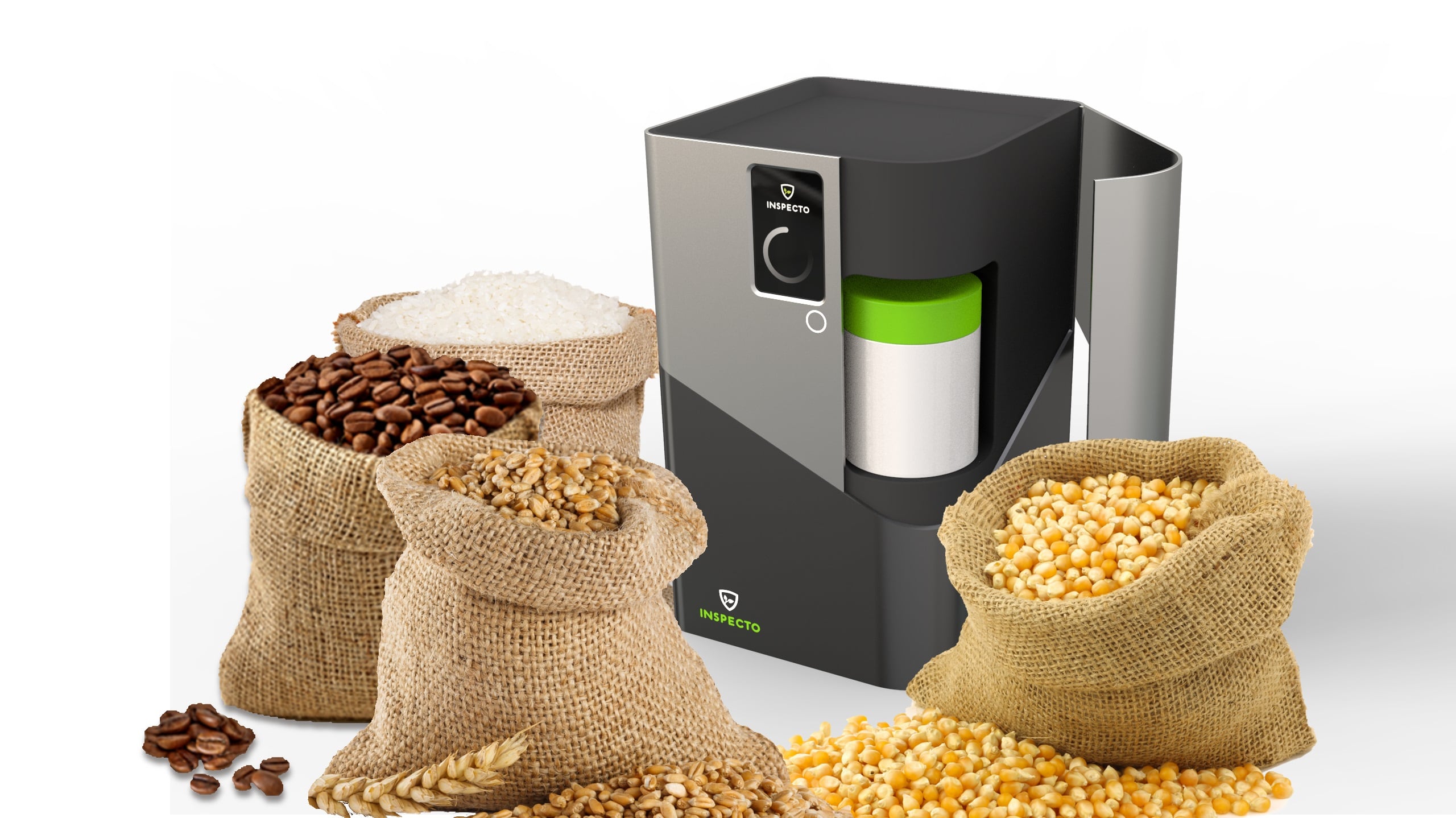The food system is facing a period of unprecedented challenge. Societal changes – partially driven by developments in the digital space – mean that consumer demands are evolving at a rate of knots. At the same time, we have witnessed an erosion of consumer trust in the food system and fragmentation in the marketplace.
The public health crisis linked to poor nutrition demands a response from the industry. According to the FAO, globally some 795 million people still suffer from hunger, and more than two billion from micronutrient deficiencies or forms of overnourishment. Obesity rates in Europe have sky-rocketed.
Worries over how to foot the healthcare bill of this diet-related disease time-bomb are prompting some governments to take a tougher line. Across Europe, France, the UK, Ireland and Portugal have all implemented sugar taxes. Meanwhile, the likes of Germany and Spain have called on industry to take voluntary steps towards reformulation.
Concern is also mounting that the food system itself is not fit for purpose, particularly in light of the growing global population.
The United Nations predicts that the worldwide population will rise to almost 10bn people by 2050, up from 7.6 billion today and an expected 8.6 billion by 2030. To meet this need, the food sector will have to produce more food, more efficiently.
A cross-sector response is needed
Addressing these issues requires a fundamental shift in what we eat, how we eat it and how it is produced.
According to Professor Wim de Vries of Wageningen University, it is possible to feed the global population sustainably in 2050 – as long as necessary adjustments are made.

On a consumer level, he believes we all need to start eating more healthily and increasing our intake of plant-based foods. Food waste – which occurs across the value chain – must be halved. And at an industry level, producers need to develop circular economy production models and improve agricultural practices.
"It has to be a combination, because with just one of these measures we will not make it without exceeding environmental boundaries," he warned.
The European Institute of Innovation & Technology (EIT) – which was established to spur innovation and entrepreneurship in the region – believes solutions can be found by bringing together the “knowledge triangle” of consumer understanding, business interests and academia.
In particular, EIT-Food North West director Andrew Carlin explained that the consumer piece is of crucial importance. “This is where our innovation becomes tangibly different and we try to bring the societal aspect,” he said at an event organised by the Welsh government last week.
“We’ve got huge population growth, climate change, diet related health [issues], food security… These are the issues the group has signed up to tackle. It’s about future-proofing food.”
Fit for the future
Strategic investment in targeted innovation and technology can indeed be leveraged to prepare businesses for future challenges, according to Princes corporate relations director David McDiarmid.
“We have used and are using technology in a number of ways to future proof our business,” he told Taste Wales. “We use technology and innovation as an enabler in our supply chain… safeguarding supply and improving traceability.”

For example, McDiarmid said, Princes – which manufactures soft drinks as well as canned food – was able to get ahead of the sugar tax in the UK because it had seen the problem on the horizon and invested in solutions ahead of time.
“During the period 2014-16 there was a huge focus in the media [on sugar in soft drinks]. But we were already quite far down the road of reformulation.”
The issue, McDiarmid said, was that it is “difficult to take consumers with you” when taking sugar out of products “because the mouthfeel is different”.
Responding to this problem, Princes was able to take a “long-term approach” in collaboration with its ingredients suppliers to deliver tech-based innovation that hit the mark. “We managed to develop a new flavour modulation technology… The flavour enhancer tricks that tactile sense, taste and also aroma.”
By the time the sugar tax came into force in 2016, Princes had “completed that journey” and none of its products were subject to the levy.
'Not the same old model'
Princes is leveraging investments in tech to deliver benefits elsewhere in its supply chain. In its corned beef business, it has entered a collaboration in Brazil that uses satellite monitoring technology in order to move towards is zero-deforestation target.

Blockchain is another technology on the group’s radar. “Blockchain is in its infancy in the food industry but it is something we are turning our attention to,” McDiarmid revealed.
Because blockchain information is open, the level of transparency means each actor in the supply chain is responsible.
Data is a key driver for emerging models as machine learning algorithms are developed to interpret huge numbers of data points.
Martin Shervington, of Tech Futurist, observed that AI is already making its mark on the food industry. “The tech is starting to emerge, helping producers predict consumer behaviour,” he suggested.
Certainly, data has spurred innovation at healthy snacking brand Graze, which was acquired by Unilever earlier this year.
The company asks its ‘grazers’ – subscribers - for feedback and reviews of the snacks they receive in their subscription boxes. This helps to inform Graze’s understanding of the category and predict future trends, category development manager Penny Mackintosh told Taste Wales.
“We sit on a database of over one billion ratings of snacks globally. That gives us an amazing insight into the snacks market,” Mackintosh noted. “Innovation is the life-blood of the Graze business… [On average] a new product is launched every two days.”
This speed to market is “one of the big things” that sets Graze apart.
Looking to the future, Shervington predicted that technology will re-invent the relationship between consumers and food brands. Augmented reality could “change the way people view packaging” and bring a new dimension to the supermarket.
Meanwhile, 3D printing could allow food makers to deliver truly personalised products to mass markets, he suggested. According to forecasts from market research group Gardner, by 2021 20% of CPG companies will use 3D printers.
The pace of change is gaining momentum and in order to ensure the food sector is able to cope with future demands investment strategies need to reflect these developments, Princes’ McDiarmid concluded.
“This is going to change everything… investment in the food industry is not going to be the same old model.”




